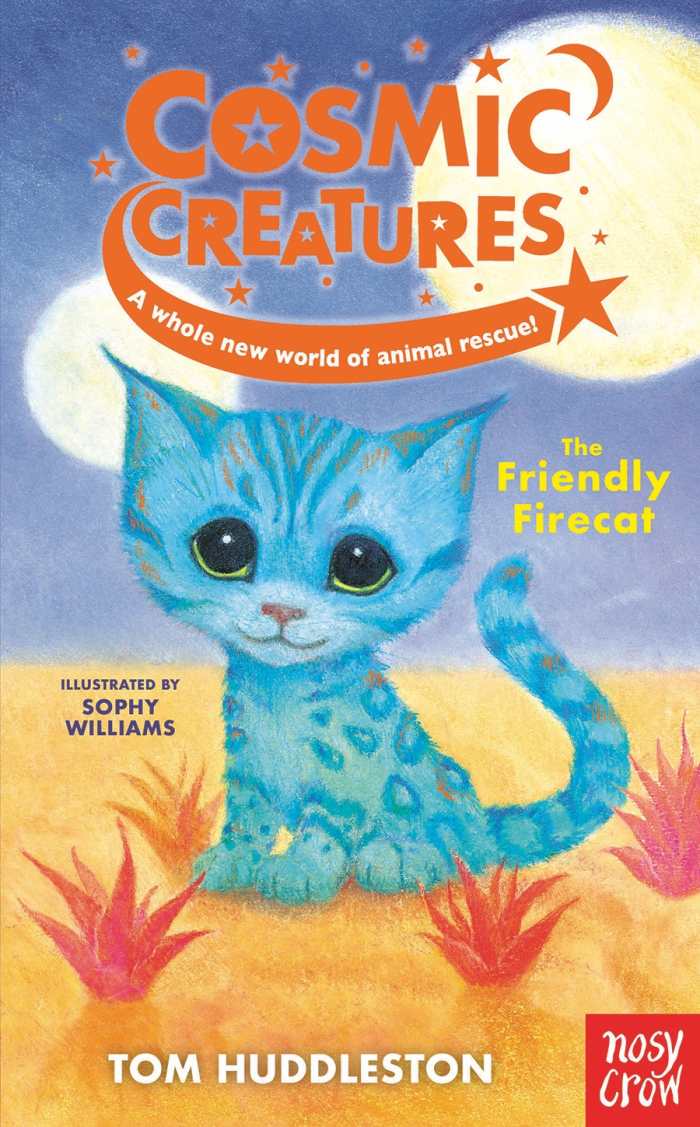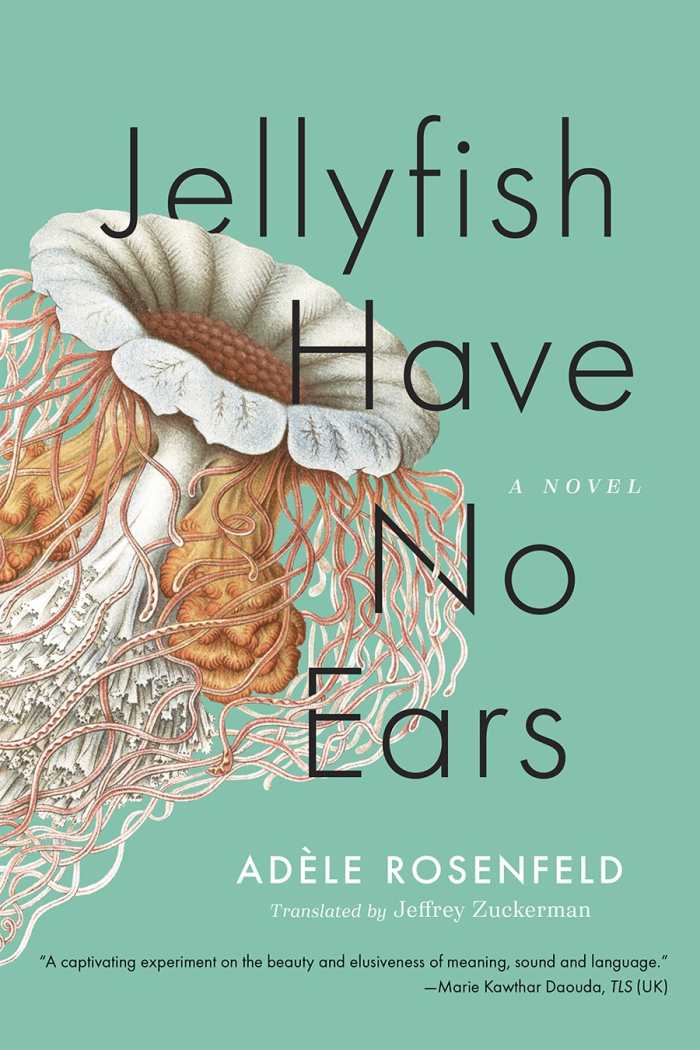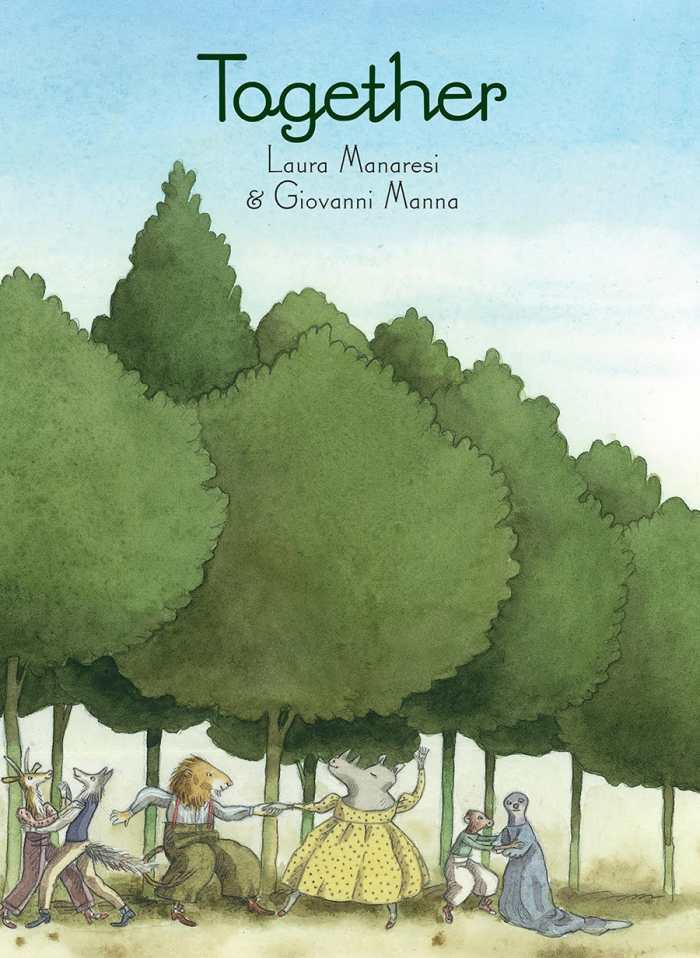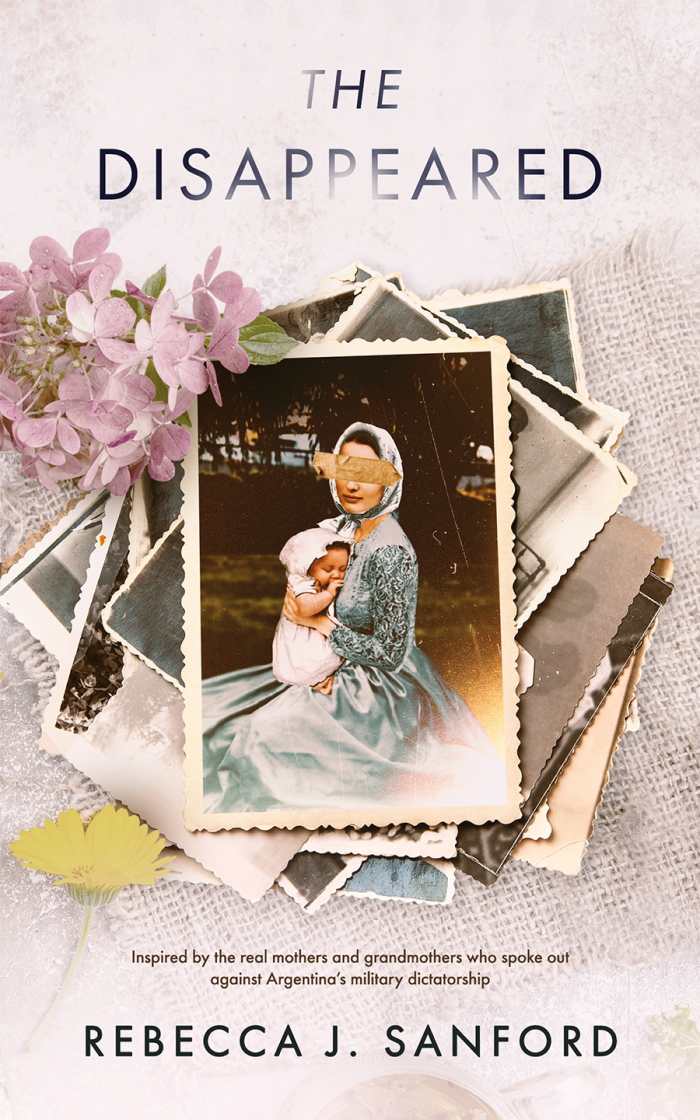Book of the Day Roundup: August 19-23, 2024
Loving Corrections
Emergent Strategy Series

adrienne maree brown
AK Press
Softcover $18.00 (200pp)
978-1-84935-554-4
Buy: Local Bookstore (Bookshop)
Probing, fierce, and honest, the essays of Loving Corrections advocate for more compassionate, inclusive understandings of family, community, and oneself.
The twenty-five essays in this book tackle a wide range of topics, including family conflict, disability justice, white supremacy, climate change, the long-term impacts of COVID-19 on social networks, and Israel-Palestine. With a piercing self-awareness, adrienne maree brown confesses that most of the pain she caused others was born of “false superiorities, which made me believe I deserved more of the goodness of existence for doing less physical, mental, or emotional work.” Issuing a nuanced call for revolution, she urges others to examine how their privileges and fears affect the way they see themselves and the world.
In an insightful essay on Ursula LeGuin, brown indicates that she reads science fiction to learn “new ways to transform the world.” Featuring rare excerpts from LeGuin’s letters, the essay examines the maturation of the lead character in The Dispossessed, who reconsiders what brings him pleasure and chooses accountability when caught between two worlds—one of physical wealth and luxury, the other of deep relationships and community.
A chapter on “righting family” features an extended interview between brown and her two sisters. Despite their distinct personalities, memories, and life choices, the siblings achieve understanding and acceptance through open dialogue. A brief essay on social media includes profound advice about protecting boundaries in a “fickle public sphere.” A piece on love and relationships in a world of abundance includes permission to let go: “Invest your previous life force into relationships where you feel seen, respected, cared for, challenged, grown, accepted as you are, and loved.” The closing chapters are wise, poetic meditations on the solstice and equinox.
The provocative, tender, inspiring essays in Loving Corrections approach contemporary topics with a gentle spirit and fresh perspective.
KRISTEN RABE (June 10, 2024)
Cosmic Creatures
The Friendly Firecat

Tom Huddleston
Sophy Williams, illustrator
Nosy Crow
Hardcover $12.99 (112pp)
979-888777105-2
Buy: Local Bookstore (Bookshop)
A gentle conservation message comes through in Tom Huddleston’s adventure-filled novel Cosmic Creatures: The Friendly Firecat, wherein a girl visits her aunt on a remote planet—and has to stop intergalactic rustlers from stealing rare native species.
Charlie travels the galaxy in the Star Eagle with her younger brother, Maki, and their troubleshooting robot friend, Random. The team works together to help various planets’ unusual creatures. In the course of their adventures, Charlie befriends a firekitten, Sunlight, and boards an enemy ship on which she tries to help rescue Sunlight’s parents and other captured animals. (The logistics of getting herself and the firecats back to her aunt’s planet are another matter.) Elsewhere, Charlie deals with a new acquaintance among the smugglers whom she hopes to convince to help her; and Random loses power as his battery runs out.
As the book’s heroine, Charlie needs to be clever in order to succeed, but she also maintains her empathy and compassion toward others. The stakes of her kinetic adventures are moderate: the villains are a real threat, but they are money-motivated smugglers rather than violent hunters. And the worlds around her are exciting, vivified by charming pencil-style illustrations that depict the more fantastical elements well. For example, the firecats are bright blue and move in huge herds, which makes them a greater target when the rustlers’ ship arrives on planet, with its crew bringing out cages to capture them. Both Random and Sunlight are memorable, and the latter is especially cute.
In the sweet novel The Friendly Firecat, a girl and her companions travel to faraway lands, learning about the importance of protecting rare animals.
JEFF FLEISCHER (June 10, 2024)
Jellyfish Have No Ears

Adèle Rosenfeld
Jeffrey Zuckerman, translator
Graywolf Press
Softcover $17.00 (192pp)
978-1-64445-296-7
Buy: Local Bookstore (Bookshop)
Adèle Rosenfeld’s Jellyfish Have No Ears is a poignant novel in which lost hearing reshapes a woman’s understanding of the world.
Louise has always been somewhat “uprooted from language” because of her imperfect hearing. Now facing total hearing loss, she learns that she is a candidate for a cochlear implant. But that the process is irreversible, and it will erase and replace what little natural hearing she maintains.
Mourning her potential losses, Louise begins to relish in, and shrink from, the sounds that are unique to her: the timbre of her loved one’s voices; misheard words that birth vibrant images and stories. ““I liked pronouncing disused words,” she says. “By feeling them on my lips, I [make] a pact with language.” A hearing test word becomes a WWII soldier, and another a panting dog; these phantom companions follow her through the fall and long winter before her decision has to be made.
Louise faces pressure from all sides throughout: from her mother, who hopes that she will take the chance; from an old friend who seems to value her invisible disability more than anything else about her; from new colleagues who resent the accommodations made for her at work; even from her new and loving boyfriend, who finds ways to translate the music she loves to her new range of hearing. At the same time, she tests the bounds of the world as she knows it and tries to record her experiences in terms that others might understand, her explanations veering between synaesthetic and metaphorically acute. She forges her own way, flirting with erasure and transformation, before arriving at a decision that is hers alone to make.
Jellyfish Have No Ears is a profound novel whose heroine’s limited hearing flags, forcing her to reconsider how she wishes to interact with others.
MICHELLE ANNE SCHINGLER (June 10, 2024)
Together

Laura Manaresi
Giovanni Manna, illustrator
Creative Editions
Hardcover $16.99 (24pp)
978-1-56846-405-3
Buy: Local Bookstore (Bookshop)
Dreamy watercolors and charming animal characters make this primer on collective action accessible and engaging for children. A sheep searches for a way to share her dream of a better world with her friends even though she is unable to put it into words. Despite their differences, she realizes that the same dream already lives inside of everyone. If we have the courage to act on it, we can all make our shared dream for a better, kinder planet come true.
DANIELLE BALLANTYNE (June 10, 2024)
The Disappeared

Rebecca J. Sanford
Blackstone Publishing
Hardcover $27.99 (272pp)
979-821238536-7
Buy: Local Bookstore (Bookshop)
In Rebecca J. Sanford’s multigenerational novel The Disappeared, women contend with a military dictatorship in Argentina that leaves lingering questions.
In the 1970s, Lorena and her husband are taken in the night by the junta. Esme, Lorena’s mother, shoulders the responsibility of raising their son. She holds out hope of locating her daughter, though no arrest records exist. Decades later, Rachel, who believes that she was left at an orphanage as a baby, has to choose whether or not to investigate her origins, knowing that learning more could upend the relative happiness of her youth.
Tension arises from the fight for justice, which clashes with instinctive silence for self- and family-preservation. These crosshair motives, first depicted in Lorena’s wavering between joining a left-wing activist friend or remaining passive and uninvolved in politics at her husband’s behest, culminate in Esme’s tale: she must keep herself safe as the only adult relative left to raise her grandson, but maternal love compels her to band together with other mothers and grandmothers who also lost their children, defying the junta’s quelling of protests, public outcries, and other “subversive” activities.
The prose is naturalistic, aching, and apprehensive; the search for truth, no matter how determined, is plagued by self-doubt. When Esme feels misgivings, she depends on the solidarity and words of fellow women: “Don’t you dare forget what you saw happen that night.” The chapters jump across geography and decades, befitting the fragmented histories and selfhoods resulting from the orchestrated “disappearings.” Rachel is haunted by the “blonde ghost” daughter she is meant to replace and is pressured into gratitude for her happy adoptive life, despite her growing sense of a stolen past.
A tumultuous wartime saga, The Disappeared follows mothers and daughters as they fight for personal and political truth.
ISABELLA ZHOU (June 10, 2024)
Kathy Young
